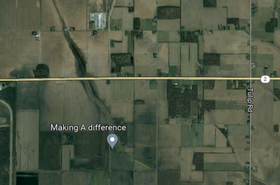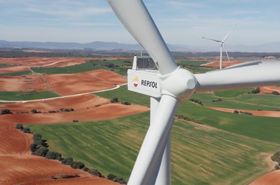Cloud computing has surpassed satellites as the main method of broadcasting coverage of the 2024 Paris Olympics.
In total, 11,000 hours of live events are expected to be broadcast during the Olympics via Alibaba Cloud.
Olympic Broadcasting Services (OBS) LiveCloud will be the main method for remote distribution of live broadcast signals to more than 200 countries and regions across the world.
"OBS Live Cloud has become the main method of remote distribution to media rights holders for the first time in the history of the Olympic Games, taking over from satellite which was launched during the Olympics Games Tokyo 1964," Alibaba Cloud said in a statement.
OBS LiveCloud was first used during the Tokyo Olympics which were held in 2020, and during the 2022 Beijing Winter Olympics, 22 broadcasting organizations used cloud computing to distribute live signals.
The Paris Olympics will comparatively see 54 broadcast organizations using cloud computing, with a total of 379 live video streams and 100 live audio streams. This represents a 15 percent increase over the Tokyo games.
Cloud computing offers low latency and high resilience, and outperforms other distribution methods in terms of scalability, flexibility, and cost.
The OBS LiveCloud is also artificial intelligence (AI) enhanced. Featuring 17 multi-camera replay systems which have been implemented across 14 venues and covering 21 sports, fans will get access to content with AI-driven features for live spatial reconstruction and real-time 3D rendering so that broadcasters can create replays of a moment just seconds after it occurred in a live broadcast.
The replay system is independent of regulatory systems, and cannot be used for video assistant referee (VAR).
Alibaba became a Worldwide Olympic Partner in 2017. The Paris Olympics is also using Alibaba's Energy Expert solution to monitor energy use and make the games more sustainable. This will involve the use of 100 smart electricity meters at all 35 competition venues. Other initiatives include free public transport for spectators and using existing venues to avoid construction emissions.







